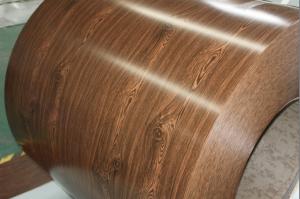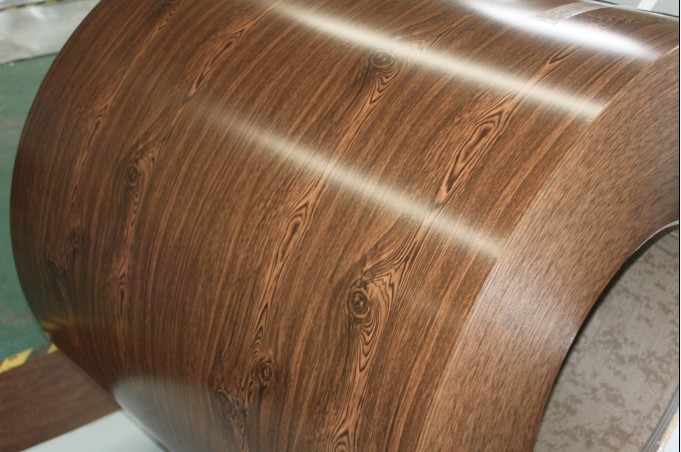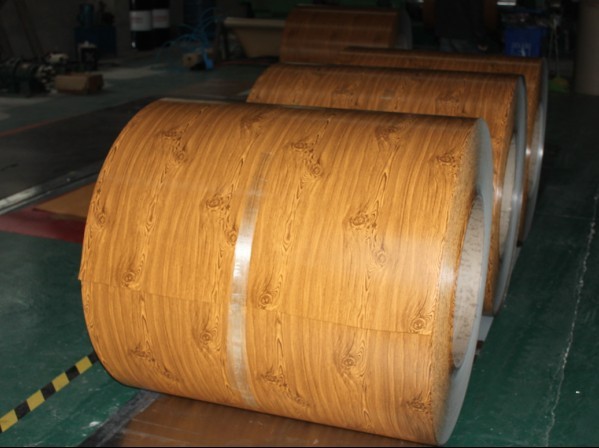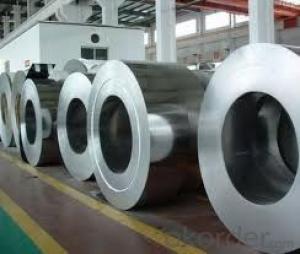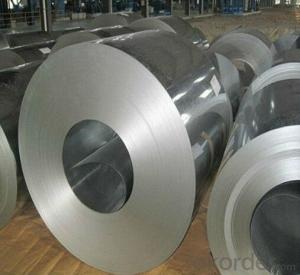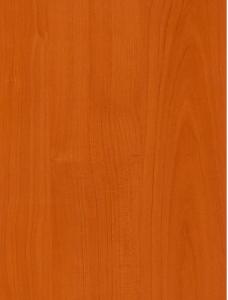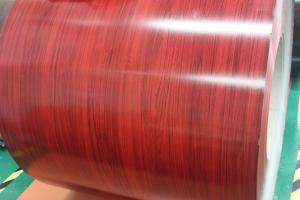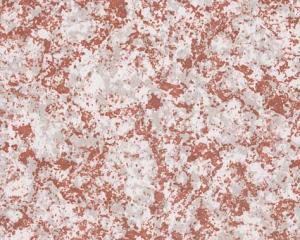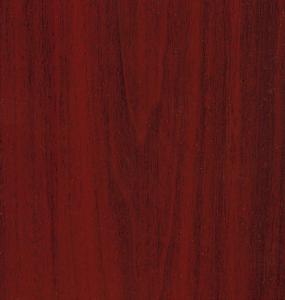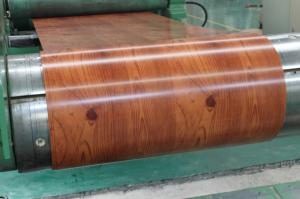Pre-painted Galvanized Steel Coil-EN10169-WOODEN1
- Loading Port:
- Shanghai
- Payment Terms:
- TT OR LC
- Min Order Qty:
- -
- Supply Capability:
- 2000吨 m.t./month
OKorder Service Pledge
OKorder Financial Service
You Might Also Like
Pre-painted Galvanized Steel Coils/ PPGI/GI
I Specifications:
1.Thickness:0.16-2.0mm
2.Width:600-1500mm
3.Material: SGCC,SGCD,SECC,SECD,DX51D+Z
4.Zinc coating:40-275G/M2
5.Surface Structure: galvanized ,zero spangle, regular spangle or normal spangle
6.Surface treatment: chromated and oiled, chromated and non-oiled
7.Color:all RAL series
II Main characteristics :
1.strong corrosion resistance
2.surface quality
3.conducive to deep processing,such as the embossed PPGI,printed PPGI&punching PPGI
4.economy and practicality
III Applications:
Household Appliance:
1.Refrigerator shutter &side panels, Washer, Freezers, Air conditions,
2.Rice Cooker, Microwave Ovens, Water Heaters, Sterilization Cabinets, Range Hoods
3.Computer Panels , DVD/DVB panels, TV back panel etc.
Teaching Board: whiteboard, blackboard, green board(chalk board).
Indoor Decoration: Fireproof Door, kitchen cabinet, wall decoration.
Shipping Industries: Ship, Fecht, Marine.
Elevator/Medical Equipment/Rubbish Bin.
Thickness:0.17mm-0.8mm
Width:600mm-1250mm
Prepainted Galvanized Steel Coil
- Q: How are steel coils used in the production of steel rings?
- Steel coils are used in the production of steel rings by being fed through a machine that cuts and shapes the coil into individual rings. These rings can then be further processed and manipulated to create a wide range of steel products, such as bearings, pipe fittings, or automotive components.
- Q: How are steel coils priced in the market?
- Steel coils are typically priced in the market based on factors such as the current demand and supply dynamics, the quality and grade of the steel, the production and transportation costs, and any additional charges or taxes. The pricing can also be influenced by global economic trends, trade policies, and currency fluctuations.
- Q: What are the common applications of hot-dip galvanized steel coils?
- Hot-dip galvanized steel coils have a wide range of applications due to their excellent corrosion resistance and durability. Some of the common applications of hot-dip galvanized steel coils include: 1. Construction: Hot-dip galvanized steel coils are extensively used in the construction industry for various applications such as roofing, siding, gutters, and downspouts. The corrosion resistance of these coils makes them ideal for withstanding harsh weather conditions, ensuring long-lasting and low-maintenance structures. 2. Automotive: Hot-dip galvanized steel coils are widely used in the automotive industry for manufacturing parts like body panels, frames, chassis, and structural components. The corrosion resistance and high strength of these coils provide enhanced protection against rust and ensure the longevity of automotive parts. 3. Appliances: Hot-dip galvanized steel coils find applications in the manufacturing of various household appliances such as refrigerators, air conditioners, ovens, and washing machines. The corrosion resistance and aesthetic appeal of galvanized steel make it an ideal choice for these appliances. 4. Agriculture: Hot-dip galvanized steel coils are commonly used in the agricultural sector for building greenhouses, livestock shelters, fences, and irrigation systems. The galvanized coating protects the steel from corrosion caused by exposure to moisture and chemicals commonly found in agricultural settings. 5. Electrical and Telecommunication: Hot-dip galvanized steel coils are utilized in the electrical and telecommunication industries for the production of transmission towers, poles, cable trays, and electrical conduits. The corrosion resistance and high strength of galvanized steel ensure the safety and reliability of these infrastructure components. 6. Transportation: Hot-dip galvanized steel coils are extensively used in the transportation industry for manufacturing trailers, shipping containers, and chassis components. The galvanized coating provides protection against corrosion caused by exposure to road salt, moisture, and various environmental factors. 7. Industrial Applications: Hot-dip galvanized steel coils are employed in various industrial applications such as storage tanks, pipelines, ductwork, and industrial equipment. The corrosion resistance and durability of galvanized steel ensure the integrity and longevity of these structures and equipment. In summary, the common applications of hot-dip galvanized steel coils encompass a wide range of industries, including construction, automotive, appliances, agriculture, electrical and telecommunication, transportation, and industrial sectors. The corrosion resistance, durability, and aesthetic appeal of galvanized steel make it a versatile and widely used material in these applications.
- Q: I am using mild steel wire (very thin and bendable) for an art project, and would like to know if using a soldering torch is effective enough to get the job done. Or do I have to use a butane torch to heat the metal?BTW, is it better to use soft or hard solder?
- You can indeed by using the correct flux as normal soldering fluxes as used by plumbers will not work. I believe to solder steel it requires an acid flux which will corrode copper so when its done make sure its well cleaned afterwards and if possible apply a corrosion proofer afterwards ie paint or even petroleum jelly. I am curious as to why you would want to solder wire to a steel nail.
- Q: I would like to know if steel is basically a very dense crystal, or if it is a different atomic structure
- Steel okorder /
- Q: Is steel easier to weld?Which is more brittle/less flexible?
- You should not attempt to do any traditional welding of steel to aluminum as they can form a hard and brittle inter metallic compound known as iron aluminide. You would have to employ a process that did not melt either species. Cladding could be an option but you are kind of limited to flat products that are sandwiched together. There is also explosive which does almost the same thing as cladding. Friction stir welding might be possible but I cant vouch for that. The temperature does get pretty hot, so I am not sure what would happen. But any of these suggestions would take specialized equipment not available to the average user. For weight, Al is 2.7 g/cc and Iron is about 7.8 so it is about 3 times heavier for the same volume. How strong either of them are greatly depends on specific alloys and heat treatment. I think some of the strongest aluminum alloys have a yield strength of about 50,000 psi which would relate to a relatively weak steel. For steel, there are alloys that can have yield strengths in the hundreds of thousands psi.
- Q: my step father bought a big steel drum grill it has steel sheets (very thin) that go inbetween the flame and the food (closer to the flame) with that there the food will not cook, it does not get hot enough????? please help... what should we do
- yes that keeps the fat from dripping on the burners - just try it - it works.
- Q: What are the common coil lengths available for steel coils?
- The steel coil lengths offered in the industry and specific requirements are subject to variation. Nonetheless, several standard coil lengths are extensively employed in different applications. These encompass coil lengths of 100 feet (30.48 meters), 200 feet (60.96 meters), 300 feet (91.44 meters), and 500 feet (152.4 meters). These lengths find extensive use in construction, manufacturing, and automotive sectors, where steel coils serve diverse purposes. It is worth mentioning that coil lengths can also be tailored to meet specific project requirements or customer preferences.
- Q: What kind of insulation should be used in a steel building?
- Fiberglass batts or spray on foam both work well
- Q: What are the dimensions of steel coils used in the metal container industry?
- The dimensions of steel coils used in the metal container industry can vary depending on the specific application and requirements. However, common dimensions for steel coils used in this industry range from 0.5 to 3.5 millimeters in thickness and 600 to 2,000 millimeters in width. The length of the coils can vary based on the manufacturer and customer specifications.
Send your message to us
Pre-painted Galvanized Steel Coil-EN10169-WOODEN1
- Loading Port:
- Shanghai
- Payment Terms:
- TT OR LC
- Min Order Qty:
- -
- Supply Capability:
- 2000吨 m.t./month
OKorder Service Pledge
OKorder Financial Service
Similar products
Hot products
Hot Searches
Related keywords
